ORIGINAL RESEARCH
Published on 15 Sep 2022
The Long-Term Efficacy of “Social Buffering” in Artificial Social Agents: Contextual Affective Perception Matters

doi 10.3389/frobt.2022.699573
- 5,519 views
- 7 citations
6,151
Total downloads
45k
Total views and downloads
ORIGINAL RESEARCH
Published on 15 Sep 2022

EDITORIAL
Published on 09 Sep 2022

ORIGINAL RESEARCH
Published on 15 Jun 2022
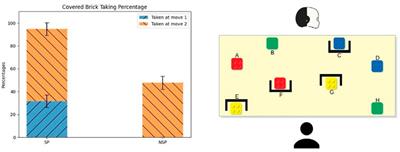
ORIGINAL RESEARCH
Published on 21 Feb 2022
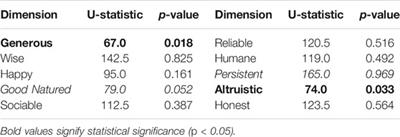
ORIGINAL RESEARCH
Published on 08 Dec 2021
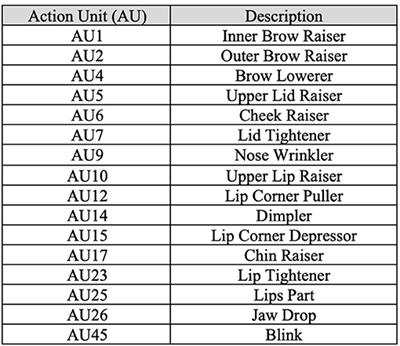
ORIGINAL RESEARCH
Published on 26 Nov 2021
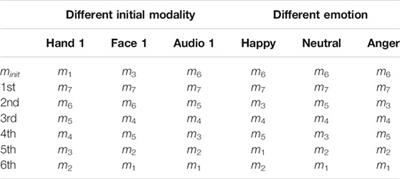
ORIGINAL RESEARCH
Published on 17 Nov 2021

ORIGINAL RESEARCH
Published on 15 Oct 2021
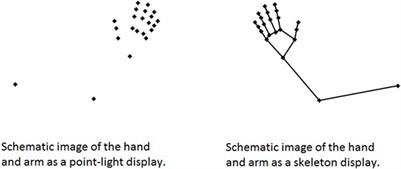
OPINION
Published on 19 Feb 2021

